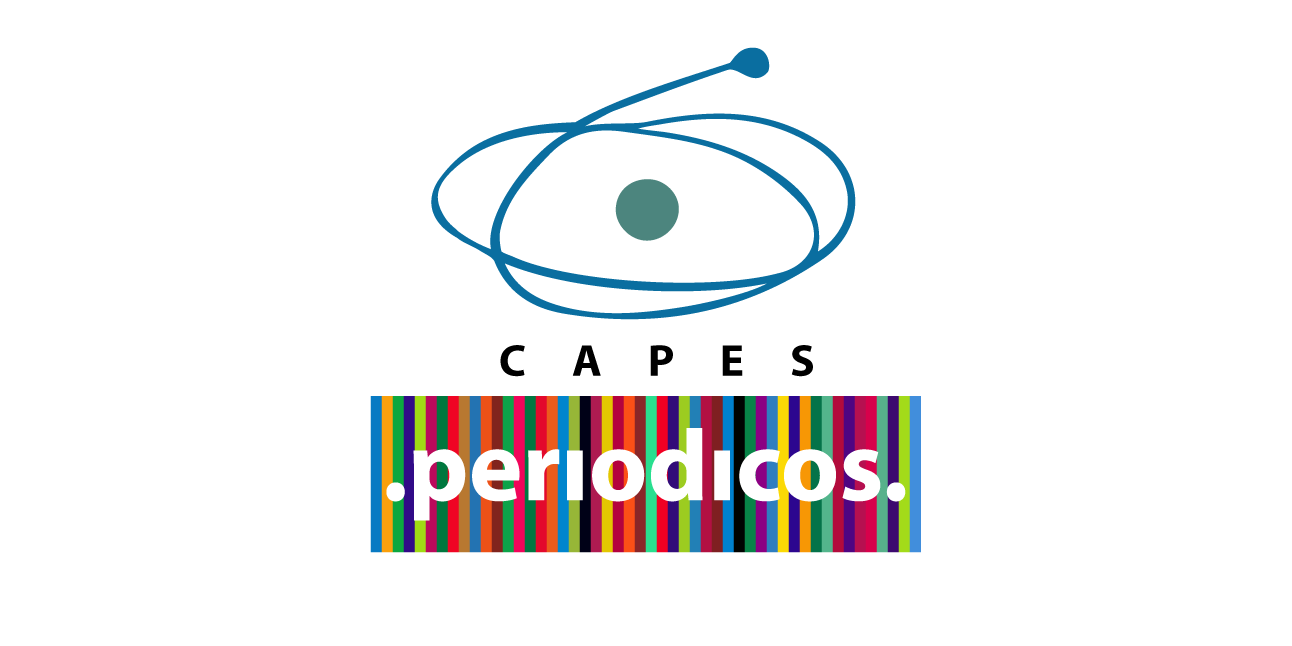Eating habits and life style of adolescent students in the public schools in the city of Maringá-PR
Keywords:
Adolescente, hábitos alimentares, estilo de vidaAbstract
The objective of this work has been to know about eating preferences and life style of adolescents registered in a public school in the city of Maringá, PR. The information concerning socio-economical level, life style, physical activities, eating habits and eating frequency were obtained from the adolescents by the means of a questionnaire. A total of 100 adolescents were assessed, 56% of them being female and 44% male. The following results were observed: 85% of the adolescents have between two and four meals a day; breakfast and late supper were the meals mostly omitted, with just 16% and 27% of them reporting having those meals, respectively. It was also found that 65% of the students interviewed do not take any food to school, 23% buy their meal at the canteen three to four times a week and 12% buy it daily. The meals mostly taken by the students were crisps and fried snacks, corresponding to 53% and 23% respectively. It was also found that the habit of watching television is common among the adolescents interviewed, of which 61% reported watching between two to four hours a day. It must be pointed out that they have the majority of meals in front of the television. The practice of physical activities was mentioned by 79% of students. The consumption of some foods occurred with less frequency, as it is the case of vegetables and fruit, with 41 % and 49% of the students interviewed, respectively, do not have these kinds of food daily. Around 59% take between one and two daily portions of meat and 74% one or two portions of vegetables. Concerning milk and dairy products, 60% take one or two portions a day. The consumption o sugars, candies, oils and fats was reported by 57% of the adolescents interviewed, being soft drinks, chewing gums, candies, chocolate and pastries the most consumed. Based on the results found, it can be observed that there is a need for intervention in the eating habits of these adolescents, either by the development of educational projects or by nutritional orientation that aim at changing their eating practice. Besides, it is also necessary to advise the schools’ canteen owners and managers in order that the variety and, especially, quality of the meals offered is increased.Downloads
Published
2007-07-23
How to Cite
França, A. A., Kneube, D. de P. F., & Souza-Kaneshima, A. M. de. (2007). Eating habits and life style of adolescent students in the public schools in the city of Maringá-PR. Iniciação Científica Cesumar, 8(2), 175–183. Retrieved from https://periodicos.unicesumar.edu.br/index.php/iccesumar/article/view/270
Issue
Section
Artigos Originais
License
The Editorial Board is authorized to make certain changes in the original text to comply with bibliographical norms, orthography and grammar, so that standards in language and style may be maintained. However, the author´s style will be preserved. The concepts developed by the authors are their exclusive concern and responsibility.In case of approval, the e-mail of acceptance will contain a Letter of Copyright with authors´ name, personal data, and signature of all authors.






